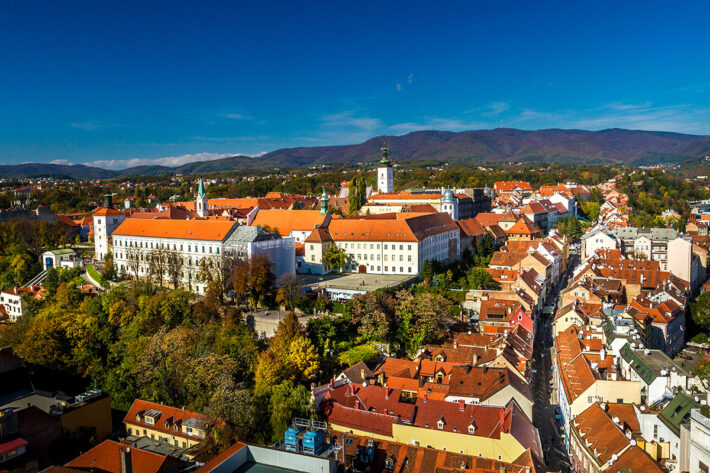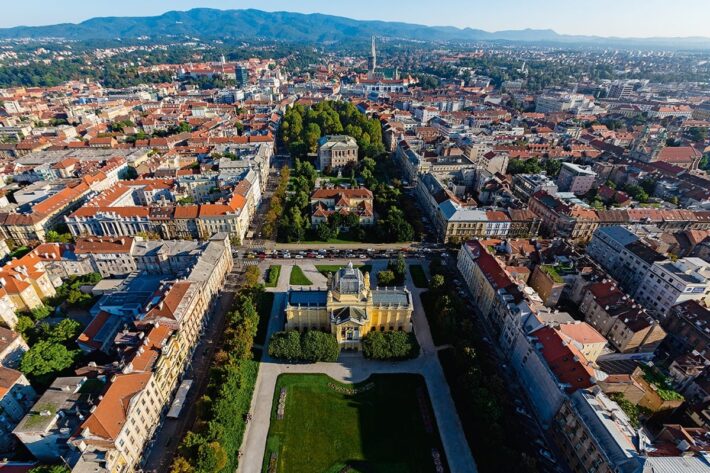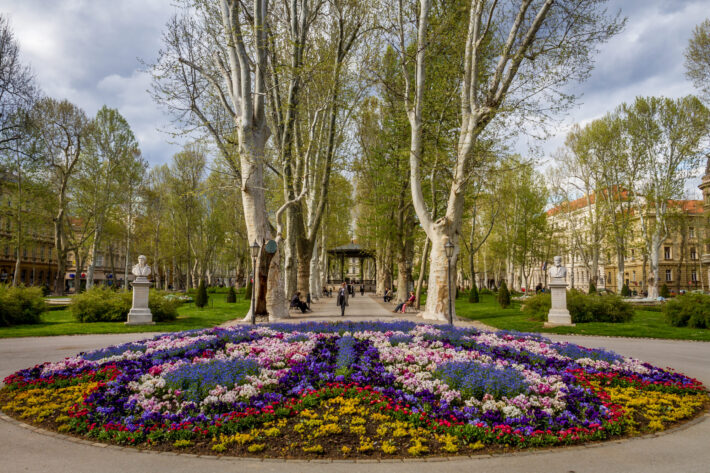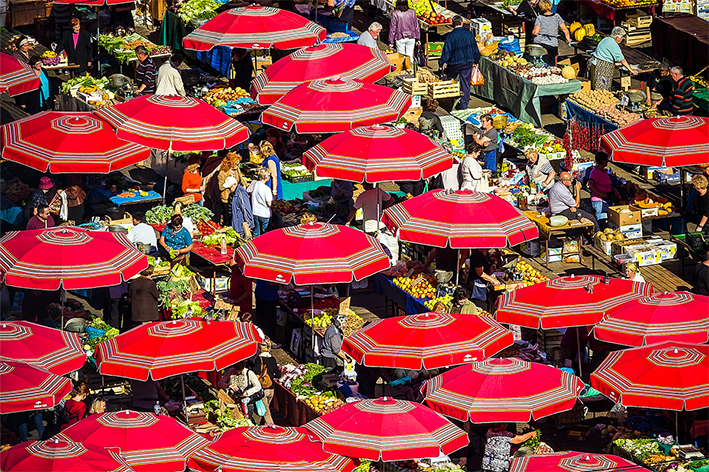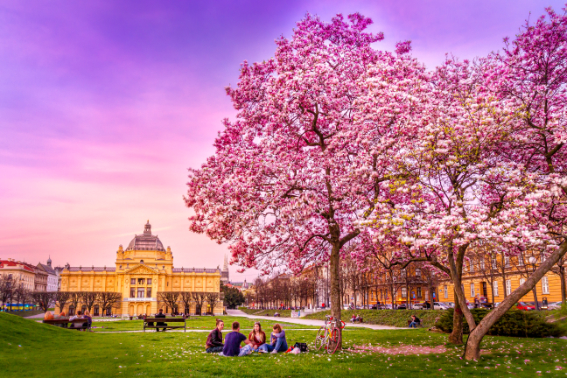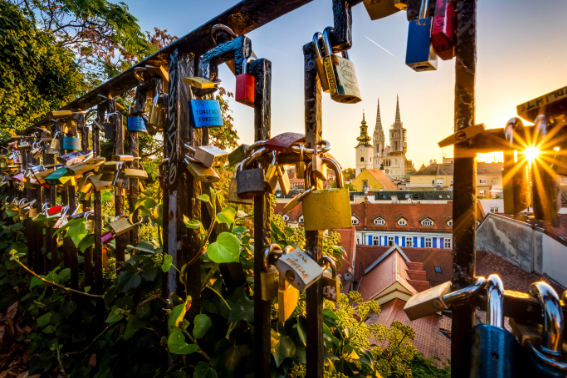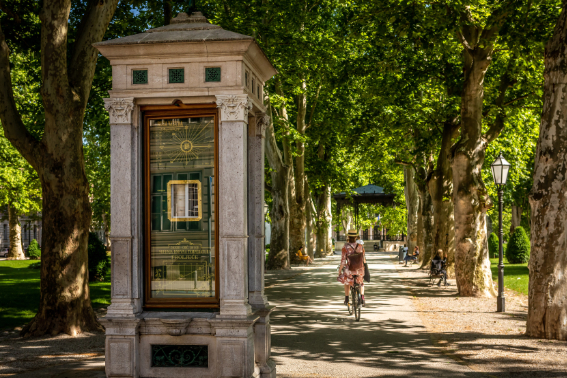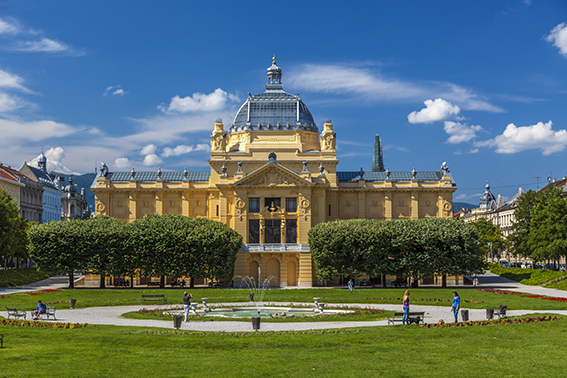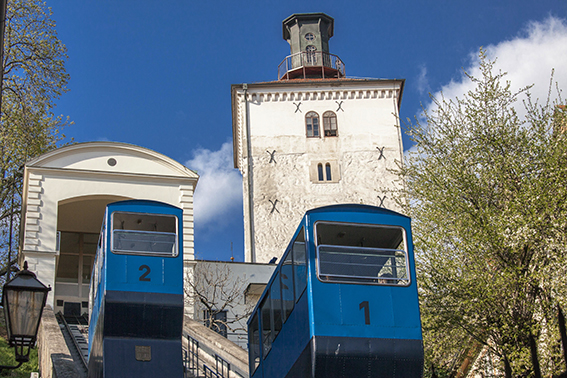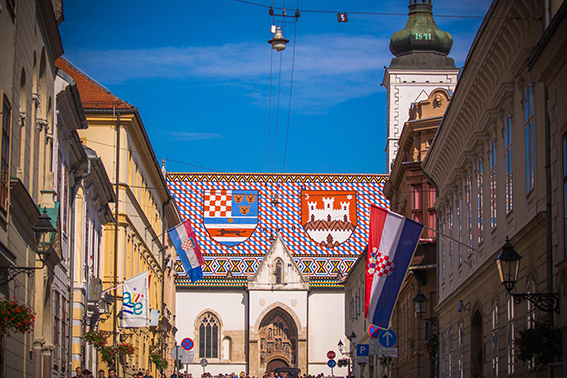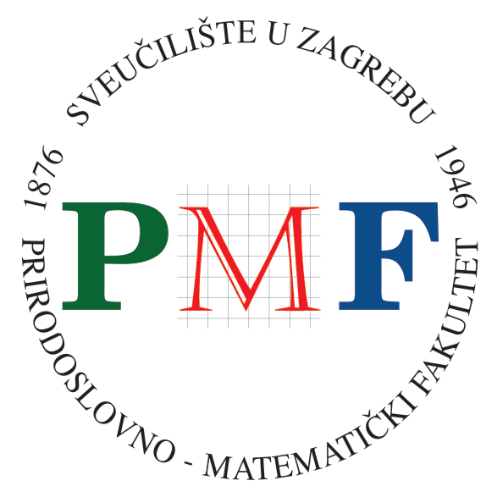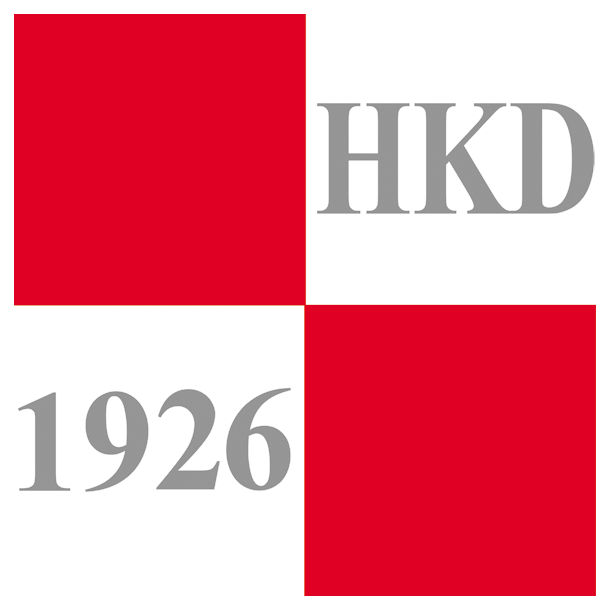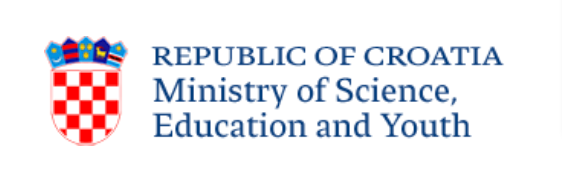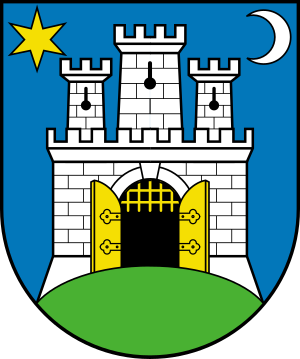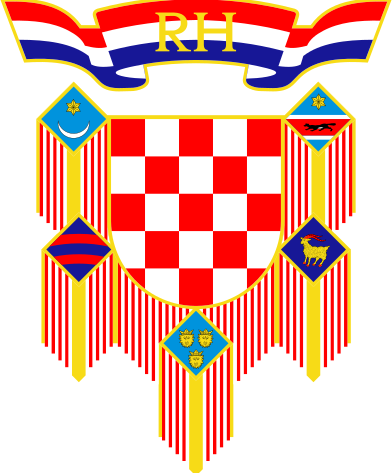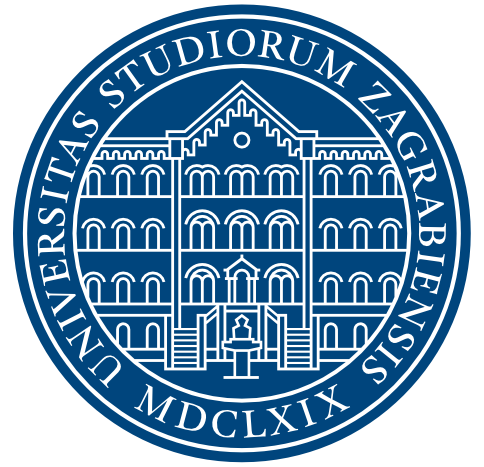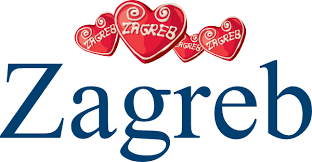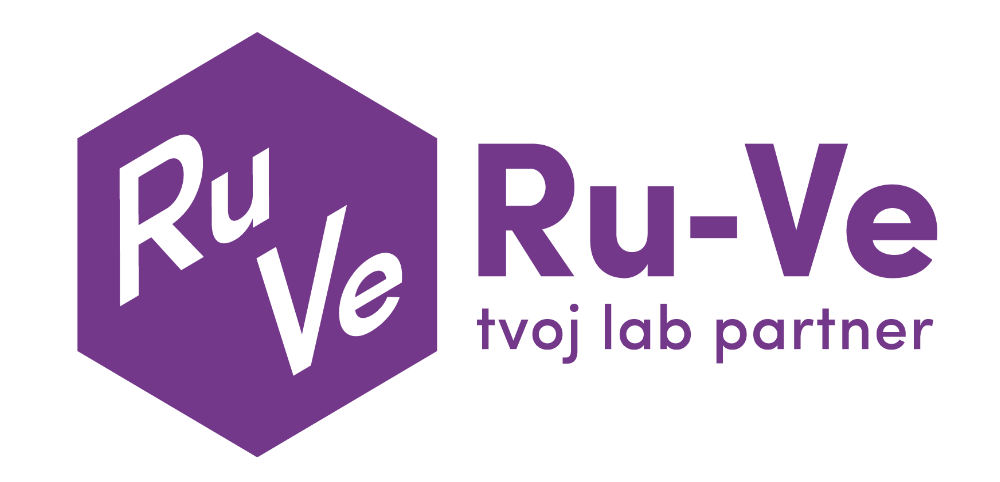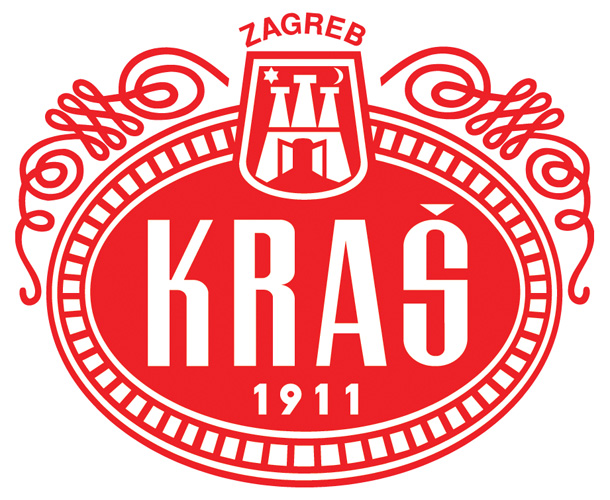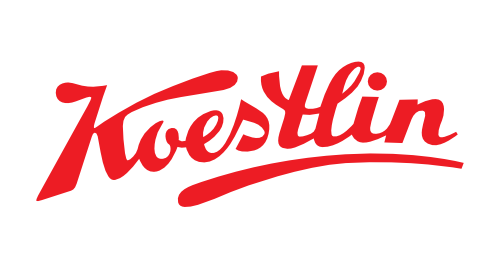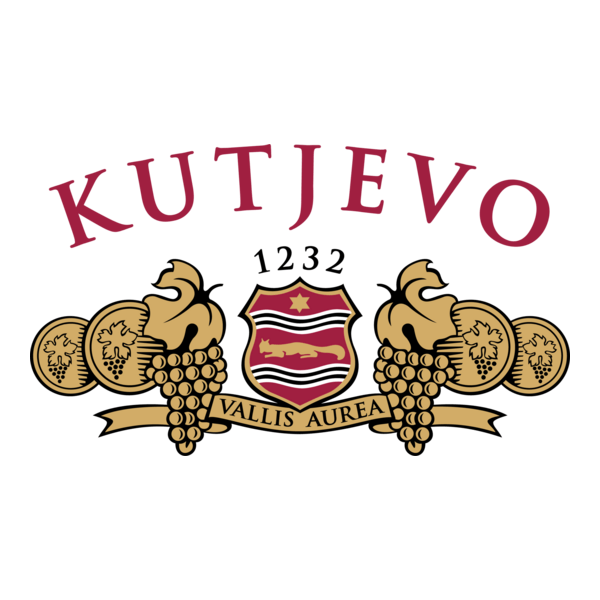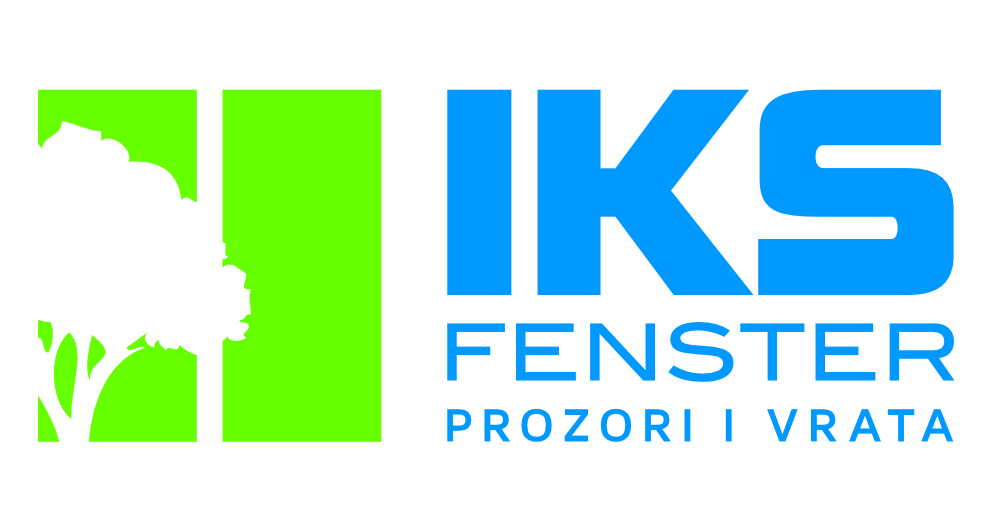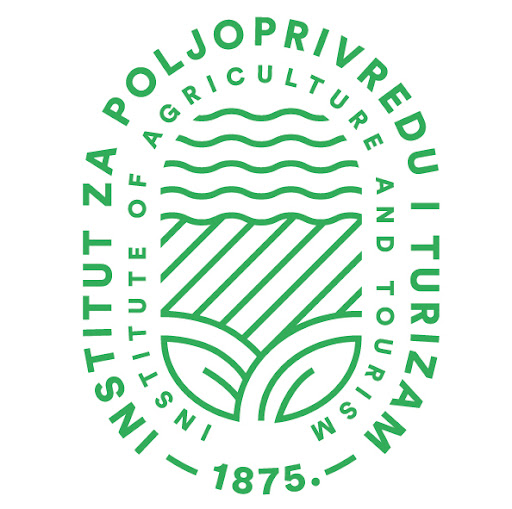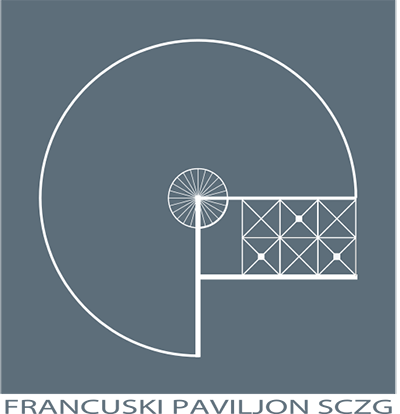European Olympiad of Experimental Science
April 26 – May 3, 2025
Zagreb - Croatia
EOES 2025
From experiments to friendships!

Dear Participants of EOES 2025,
As the Dean of the Faculty of Science at the University of Zagreb, it is my great honor to welcome you to our Faculty as we host the European Olympiad of Experimental Science (EOES).
I am delighted to extend a warm welcome to all participants, mentors, and students from across the European Union to our capital, Zagreb, and to Croatia.
Having such talented young scientists, who have already excelled in their respective countries, in our laboratories is a privilege for us. The Olympics have long represented the pinnacle of achievement, dating back to ancient Greece, inspiring individuals to strive for excellence. The adaptation of this competitive spirit to the realm of science has proven to be incredibly effective, as evidenced by numerous Science Olympiads around the globe. We are grateful for the opportunity to be part of this exceptional scientific network by organizing EOES 2025.
Science is a domain where discovery knows no bounds, and we believe that the experiences you will encounter here at our Faculty will not only broaden your knowledge but also inspire further scientific achievements.
In addition to the competition, our organizing team has planned memorable socio-cultural activities to enrich your experience.
We warmly welcome you to this exceptional event and look forward to seeing you in the spring in Croatia.
Best regards,
Mirko Planinić,
Dean, Faculty of Science
University of Zagreb

Hints
- microscopy, including immersion
- food webs in aquatic ecosystems
- spectroscopy and redox reactions
- multirow calculation and linear regression (examples)
Where will EOES 2025 be held?
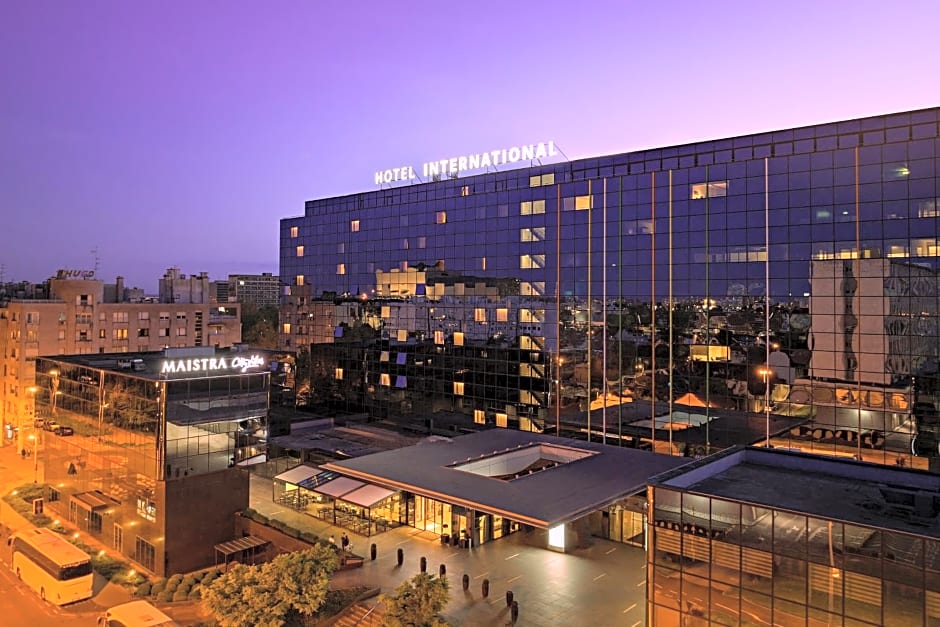
Hotel International Zagreb
The mentors and the students will be accommodated in the Hotel International Zagreb. It is situated in Zagreb’s business district. The hotel is about 25 minutes walk from the main Jelačić Square in the centre of the city, and about 15 minutes by tram. The discussions and translation will take place at the hotel.
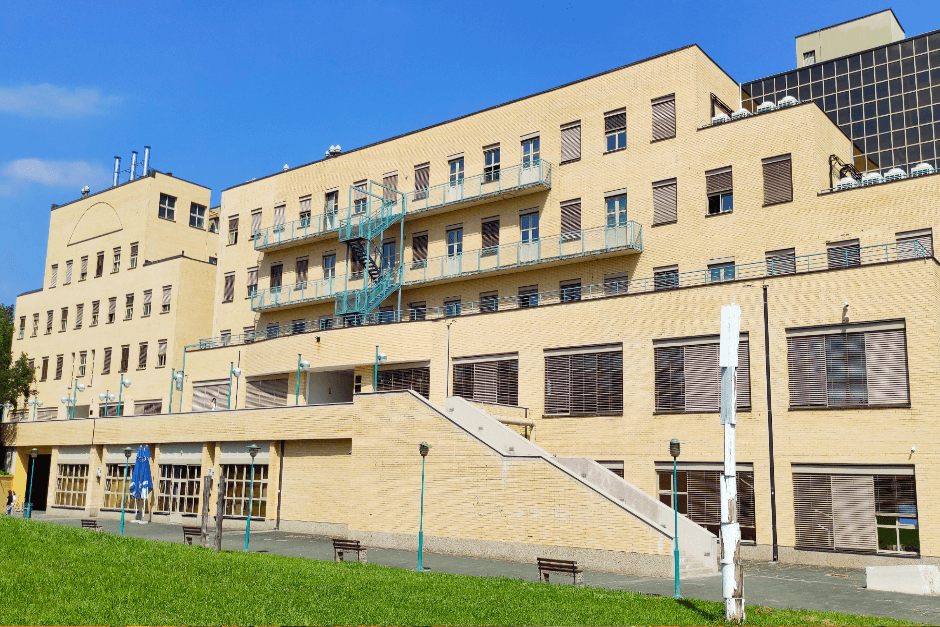
Faculty of Science – University of Zagreb
The two tasks will be performed in the laboratories of the Department of Chemistry at the Faculty of Science which is located on the hills above the centre of the city.
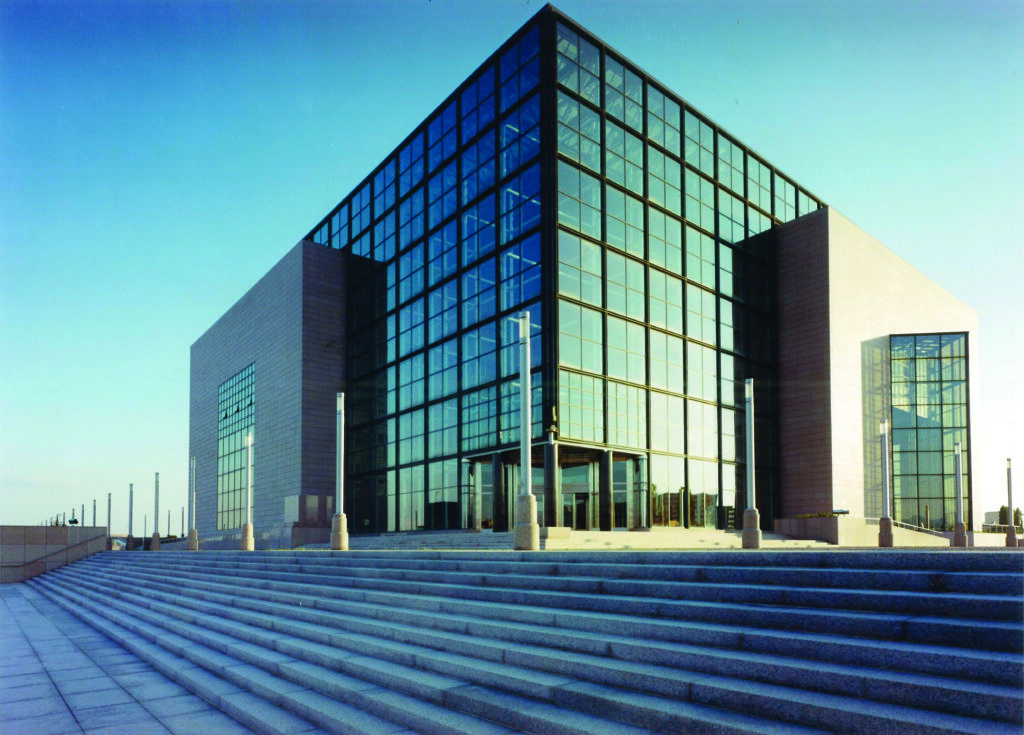
National University Library in Zagreb
The National and University Library in Zagreb is the largest Croatian library with the function of the national library of the Republic of Croatia and the central library of the University of Zagreb. The opening and closing ceremony will take place in the hall of the National and University Library.
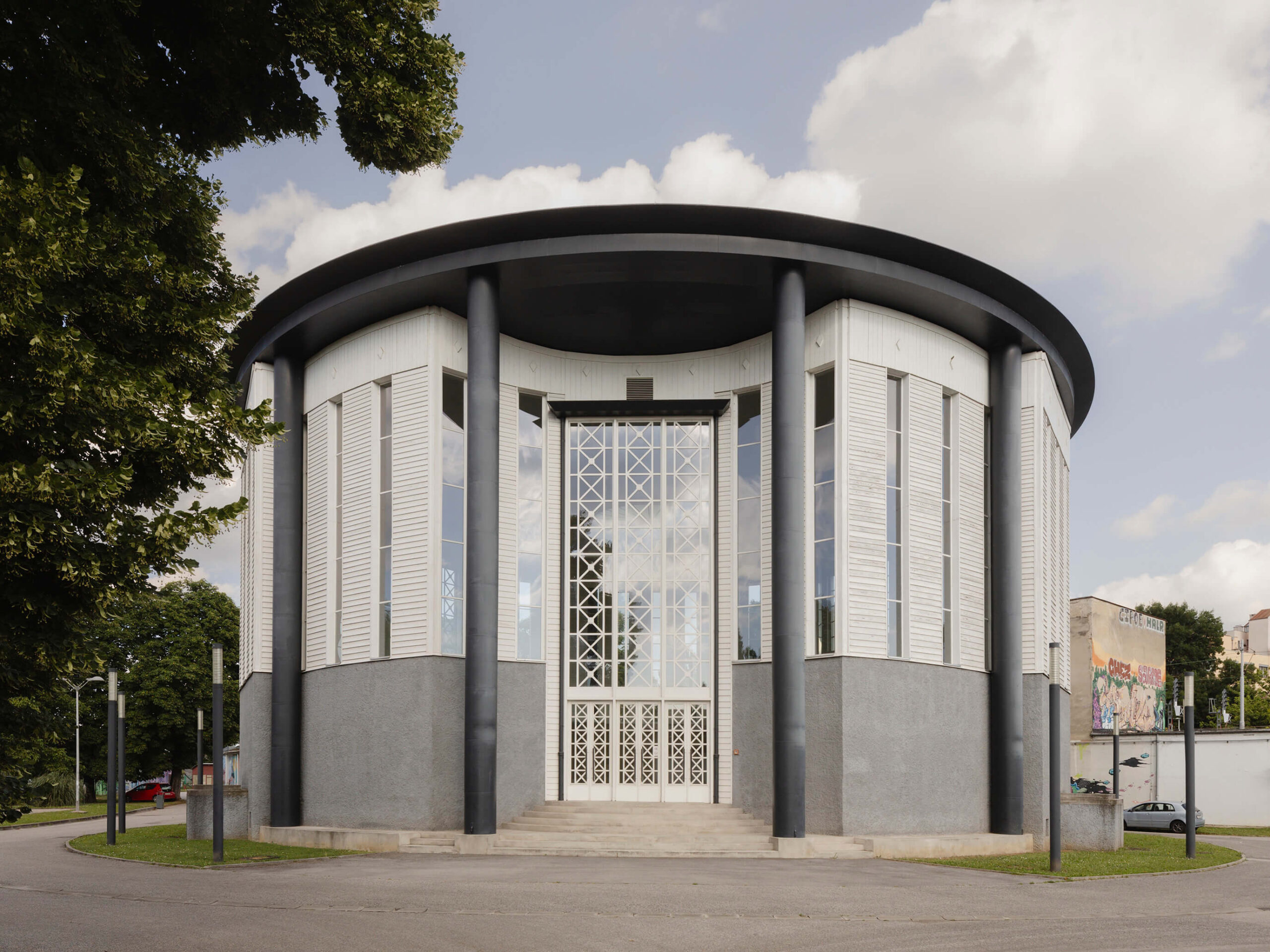
The French Pavilion – Student Centre of the University of Zagreb
The French Pavilion is cultural heritage built in the 1930s as France’s expo pavilion, it has ingenious lightweight roof and its magnificent spacious interior will host farewell dinner party.
Welcome to EOES 2025 in Charming Zagreb, Croatia!
Join us in the stunning capital city of Zagreb, Croatia, as we host the exciting EOES 2025! While we will share specific venue details closer to the event, here’s why Zagreb should be on your radar:
Did You Know? Zagreb is the only capital city in the world that begins with the letter “Z”! With a population of around 767,000 residents, it’s a lively and welcoming destination.
A City of Green Spaces: Zagreb is renowned for its walkability and lush greenery. Explore the beautiful Lenuci’s Green Horseshoe, a series of stunning parks that form a unique shape in the city center.
Charming Traditions: Experience the enchanting Old Town, where the tradition of lighting gas lamps still persists. Each evening, around 246 gas lamps are lit by dedicated gas lighters, creating a magical atmosphere.
Historic Cannon Fire: Don’t miss the daily tradition since 1877, when a cannon is fired from Lotrščak Tower at noon—a must-see for every visitor!
Unique Public Transport: Ride the world’s shortest and steepest funicular, a mere 66 meters long, that whisks you up the hill to the Old Town. It’s an experience like no other!
Wine Lovers’ Paradise: Zagreb is the only EU capital with its very own wine road, inviting you to explore local vineyards and savor exquisite wines.
Museum Capital: Home to the world’s most franchised Museum of Illusions, Zagreb also boasts an array of quirky museums, including the Museum of Hangovers, Museum of the 1980s, Museum of Selfies, and the Museum of Lost Tales.
A Cosmic Journey: Discover Zagreb’s unique solar system installation on Bogovićeva Street, featuring a grounded sun and nine planets, accurately scaled and positioned within the city limits.
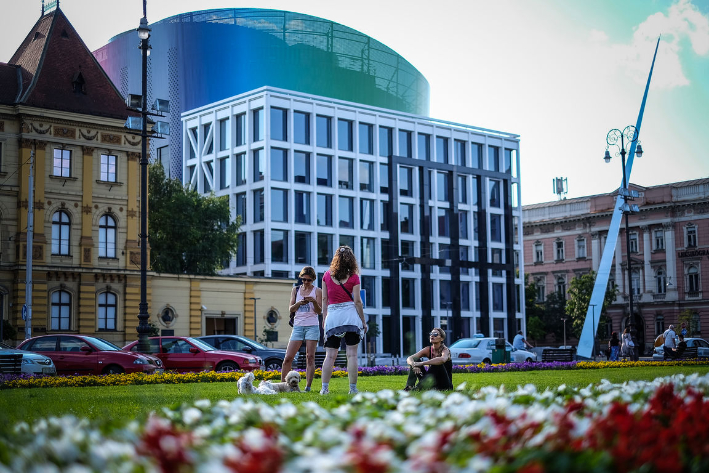
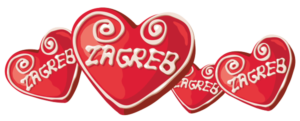
Join us in Zagreb for EOES 2025 and immerse yourself in a city where tradition meets modernity, and every corner offers a new adventure!


